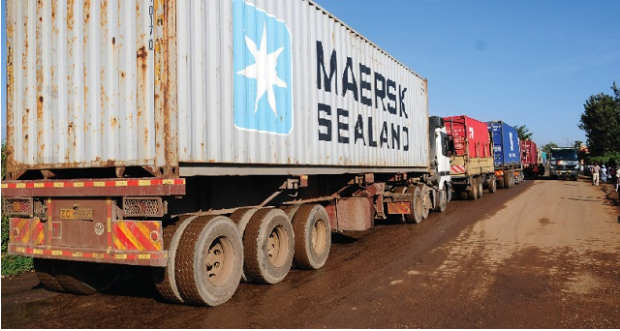Reaching Out: Community Heroes Serving in Flooded Areas to Restore Hope and Healing
In a remote village along the banks of River Nile in South Sudan’s Lakes state, A 28-year-old Maria has become a beacon of hope in Minkaman-a community facing an ongoing crisis of flood. For the past two months, parts of the region have been submerged under devastating floodwater, affecting thousands of lives. As a trained peer counselor, Maria’s mission is simple but essential: to educate, support, advocate for change and empower her community in their health darkest times.
Maria’s role extended beyond just education—she became a bridge between the community (KPs) and humanitarian partners. As a Peer Educator, she worked closely with other local health workers and community leaders to ensure that recipientsof care in the most remote areas received psychosocial support, HIV prevention message and peer to peer counseling.
“Peer educators like Maria are invaluable in disaster-stricken areas,” said Mr. Paul, a health official working in the region. “They are trusted by the KPs, they understand the local dynamics, and they can communicate essential health information in ways that outsiders often can’t.”
In the face of overwhelming adversity, Maria’s work as a peer educator has made an indelible mark on her community. Her tireless efforts have not only helped reduce the spread of HIV among KPs by widening their knowledge on preventive measures and provided critical health support but have also fostered a sense of unity and hope.
As floodwaters slowly recede and the village begins the long process of rebuilding, Maria’s story serves as a reminder of the power of grassroots efforts. In times of disaster, it is often those closest to the crisis who are best positioned to bring about real, lasting change.
“Being a Peer Educator isn’t just a job,” Maria reflects. “It’s a responsibility to the specific community I serve, to ensure that we can survive and rebuild, no matter what challenges come our way.”.
Currently, NEPWU with support from Global fund through UNFPA is reaching Sex Workers and IDPs with HIV, TB, STIsand GBV prevention messages in Mingkaman County.
NEPWU Empowering Lives on the Move – A Truck Driver’s Journey with HIV Prevention in Nimule.

It was a sweltering afternoon at the bustling Nimule border post, where the noise of revving engines, the shuffle of paperwork, and the tension of long waits filled the air. Among the tired drivers parked under the shade of their trucks was a Kenyan driver named Abdallah Karim in his late 30s, preparing for the final stretch of his long journey to Juba. Like many in his line of work, life on the road was routine lonely nights, risky encounters, and little time to think about health.
As he leaned against his truck, two Peer Educators from the National Empowerment of Positive Women United (NEPWU) approached him with a calm, respectful demeanour. They weren’t there to lecture, but to interact and talk about something rarely discussed at truck stops: HIV prevention and sexual health.
At first, he was sceptical. “I thought they were trying to sell me something,” he recalled. “But they spoke to me like a close friend, not just a driver.”
What followed was a life-changing conversation. The Peer Educators invited him where they stationed along the road and spoke about the high risks faced by mobile populations like truck drivers who spend weeks on the road, far from families, often exposed to situations where protection and awareness could mean the difference between life and death.
Abdallah responded positively, “I have taken many years without hearing about HIV and how one can protect their selves, thank you for calling me here and sharing this information with me.
He was provided with a pack of condoms, but more importantly, he received something even more valuable that is a clear, respectful demonstration on how to use them correctly. The educators explained how to check for expiry dates, how to properly put on and dispose of a condom, and answered every question without judgment.
“I had never been shown that before,” he said. “It was simple, but it made all the difference. I felt empowered. I’ve crossed many borders in my life, but this was the first time someone stopped me not to check my cargo, but to check if I was okay.”
Before getting back behind the wheel, he paused and thanked the NEPWU team:
“What you’re doing is not small. You’re helping us stay alive. You’ve given me knowledge I will carry home to my wife and friends.”
His story is just one among many, yet it reflects the real impact of the project “INTEGRATING SERVICE FOR MAXIMUMIMPACT” led by NEPWU with support from the UNDP and Global Fund. By reaching individuals in overlooked spaces—like border points and truck stops, this initiative is not only preventing HIV and STIs, but building trust, spreading dignity, and transforming lives.
Peer Educators in Nimule have been reaching out to high-risk mobile populations, including truck drivers, with tailored HIV prevention services.

